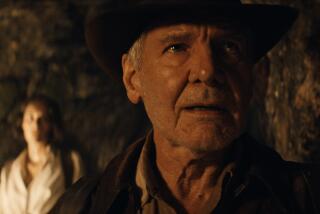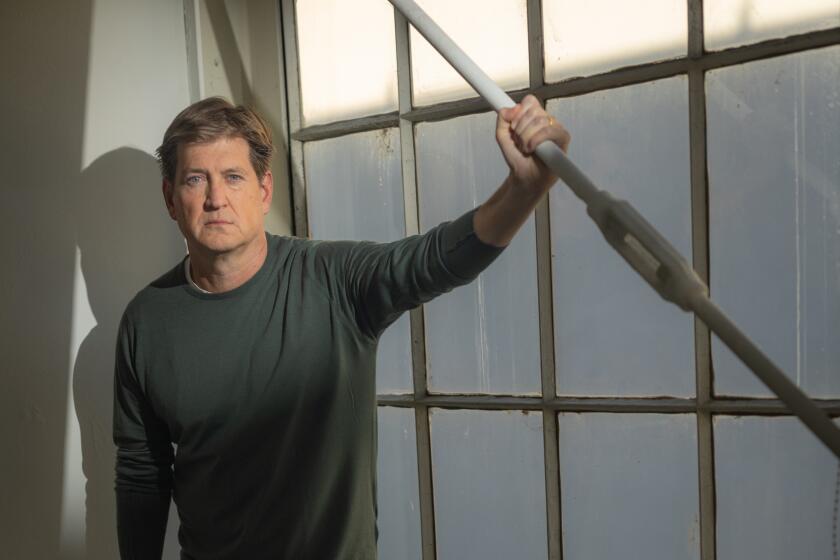The Playwright as President and Precedent
So the incredible might happen: Vaclav Havel, president of Czechoslovakia. In less than a month, the Czech Civic Forum has offered a candidate who breaks all molds for a politician: no canned speeches but original thoughts; no evasiveness, but a deep understanding of ambiguity; no easy answers, but dramatic propositions in the form of scenes and scenarios requiring people to think, debate, evaluate and take action. A playwright for president.
I first met Havel in Prague, in May, 1988. He was modestly accepting of his reputation as a dissident but was hungry to know what we in America thought of him as a writer for the stage; he hadn’t seen any of his work performed in 20 years.
When jailed in Czechoslovakia, facing charges of subversion, he had a chance to emigrate to the United States where Joseph Papp was offering a job as dramaturge at the Public Theatre. He turned down the offer. Instead of answering New York’s call, Havel accepted a job in prison.
And now, in December, 1989, Havel reminds us: “I have repeatedly said that I have no political ambitions and don’t feel myself to be a politician--if the only service I could render my country would be to do this (become president) I would do it.”
So this hungry playwright but reluctant politician has been led by his conscience into one of the most astonishing images of our time: Alexander Dubcek and Vaclav Havel on a balcony overlooking Wenceslas Square, the silenced politician and the silenced artist free at last to speak. And it is the playwright’s voice that resonates most deeply.
This is an image, an event, that could not have been planned. Indeed, during our 1988 Prague luncheon he said there were only 250 Czech intellectuals and they cannot cause change. But now he says, “When a person believes in accordance with his conscience and when he tries to behave as a citizen even under conditions when citizenship is degraded, it might not lead to something. But when a person tries to calculate whether it will lead to something, it definitely won’t.”
Writers have played public roles before. Czech novelist Josef Skvorecky listed some of them this month for the New York Times. Emile Zola, John Milton and Jonathan Swift were all authors engaged in political conflict as well as literature. Skvorecky wrote that in “cruel autocracies” a writer becomes “a public figure in contrast to free societies where he is essentially an entertainer, even if performing at a level where entertainment appears deadly serious and immensely meaningful.”
The reform Civic Forum movement was founded in the basement of a theater, by a group of artists working together to change society through a gentle but forceful articulation of humanistic truths--the “Velvet Revolution.” Havel has said a cultural revolution returns to the people their honor and their freedom. Its recipe is a combination of love, resistance to violence and a longing for truth. No surprise, then, that people of the theater, along with students, began this movement. No surprise that they asked a playwright to give it voice.
But why stop in Prague? Why not a Luis Valdez for President of the United States, Harold Pinter in Britain, Athol Fugard in South Africa, Wole Soyinka in Nigeria? Why not world cabinets stocked with David Hare and Caryl Churchill and John Guare, Dario Fo and Franz Kroetz--and, of course, Leonard Bernstein?
Next would come film rights and royalties and the appropriateness of revivals--will the Mark Taper Forum get the world premieres or at least the first U.S. productions? The serious point is that nations could do a lot worse than be led by the values, principles, imaginations and language of our greatest writers. And those names would make for a great subscription brochure.
We in the theater might have a corollary problem, facing empty houses as our greatest drama moves to a public stage far larger than any we can provide. Then we might confront Havel’s dilemma: the art of theater second to the theater of life. The thought of empty seats makes me sweat, but that’s a problem I’d gladly suffer if it meant a world guided by values my friend Havel has spent his life fighting for. He is fond of quoting a Czech saying: “Don’t praise the day before evening arrives.” But my heart tells me that his new production is going to be a great one, full of laughs and of course tears--and damned enlightening.
More to Read
The biggest entertainment stories
Get our big stories about Hollywood, film, television, music, arts, culture and more right in your inbox as soon as they publish.
You may occasionally receive promotional content from the Los Angeles Times.










